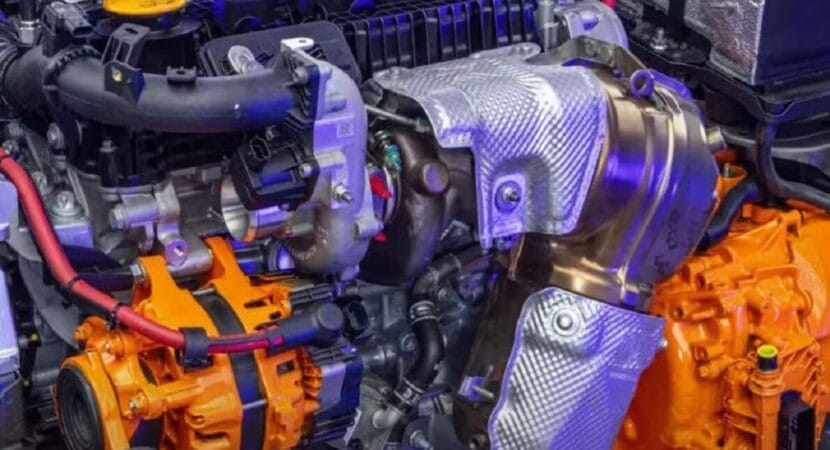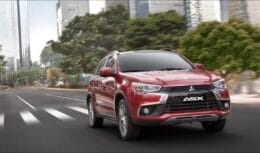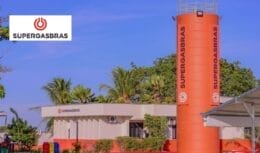
Stellantis plans to develop a car with an alcohol-powered engine in 2025, with the Fiat and Jeep brands leading the project.
It's no secret that sustainability has gained prominence in several areas of society, including the automotive industry. In this context, the Stellantis Group, which manages 13 brands, announced that it is developing a alcohol-powered car or hybrid version, which will combine ethanol with electricity. This initiative highlights the group's commitment to cleaner and more efficient energy alternatives with the arrival of a new alcohol-powered engine.
When will Stellantis' 100% alcohol-powered car hit the market?
The idea is that cars with the new alcohol engine will be on the market in the second half of next year. Stellantis' strategic plan, which was named Bio-Hybrid, should have a new alcohol-powered car with Fiat and Jeep as pioneers in the group.
It is worth mentioning that the first brand to start converting the ethanol car in Brazil it was Fiat, still in the 1970s. At the time, the model that presented the innovative technology was the now extinct Fiat 147.
The group's idea is to present a new 1.3 turbo alcohol engine to the market, which already exists in the Flex option. However, the 100% alcohol-powered car should have a similar range, with a lower cost and fewer pollutant emissions.
The expectation is that this will be a long-term plan for the Stellantis group. However, the country's lack of structure still generates fear of what consumer acceptance would be like in relation to this alcohol-powered car. However, last year, the idea returned to the table, when the Federal Government and the National Association of Motor Vehicle Manufacturers (Anfavea) followed the plan to revive the popular car segment.
Drivers can join the Stellantis idea
First, the objective was to manufacture a “green car”, which would be powered by a new alcohol engine. In this way, the plan ended up covering only flex-fuel cars, which presented higher-than-expected prices. In this way, it was agreed to encourage the use of ethanol instead of fossil fuels.
A study carried out by the consultancy datagro pointed out that, in Brazil, only 30% of drivers opt for ethanol when refueling their vehicle. In this way, the Brazilian government plans to increase the percentage and started to encourage the increase in the supply of renewable fuels.
Even so, there are people who are not very excited about the idea of the return of a 100% alcohol-powered car. In an interview with the newspaper Folha de S.Paulo, José Maurício Andreta Jr., president of the National Federation of Motor Vehicle Distribution (Fenabrave), states that perhaps the most interesting path for resellers is the hybrid, instead of this new diesel engine. alcohol.
Understand Fenabrave's vision in relation to alcohol-powered cars
In Andreta Jr's view, the path is the flex hybrid, not a car powered by pure alcohol, which would require the development of a new propellant, with new calibrations, among other items.
The president's speech confirms the realities far from the country's main capitals, such as the cities located in the interior of the Northeast and North regions, where the price differences between gasoline and ethanol are minimal, which could make it difficult to justify the development of this new car 100% from alcohol.
It is also important to highlight that the average price of ethanol increased by 6,42% at gas stations in the country in the last two months. Thus, gasoline is more advantageous in 18 states for fueling flex-fuel vehicles, while alcohol is more advantageous in 8 states across the country and in the Federal District.











